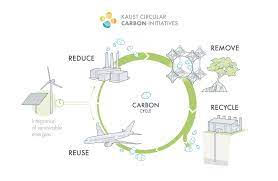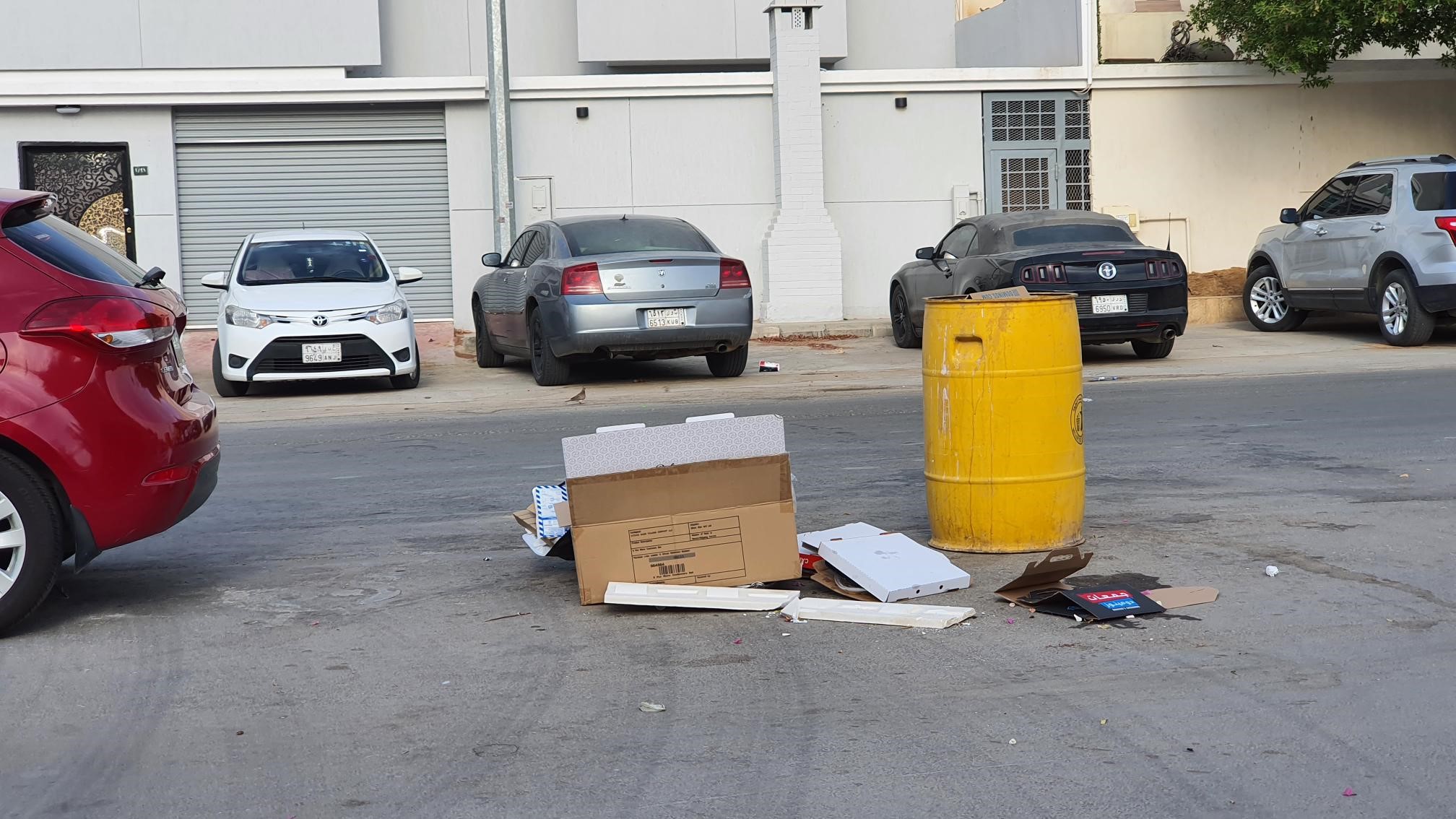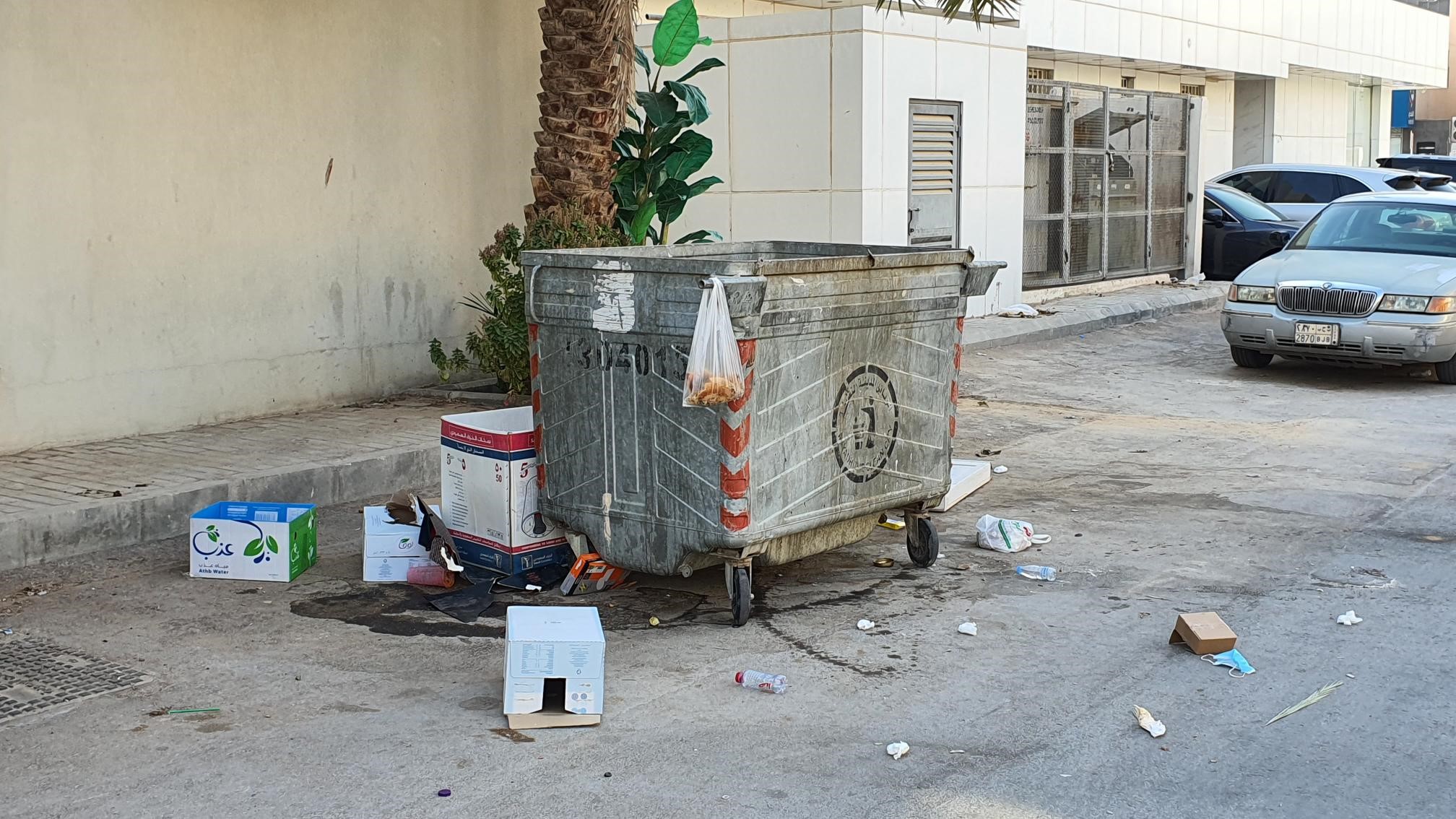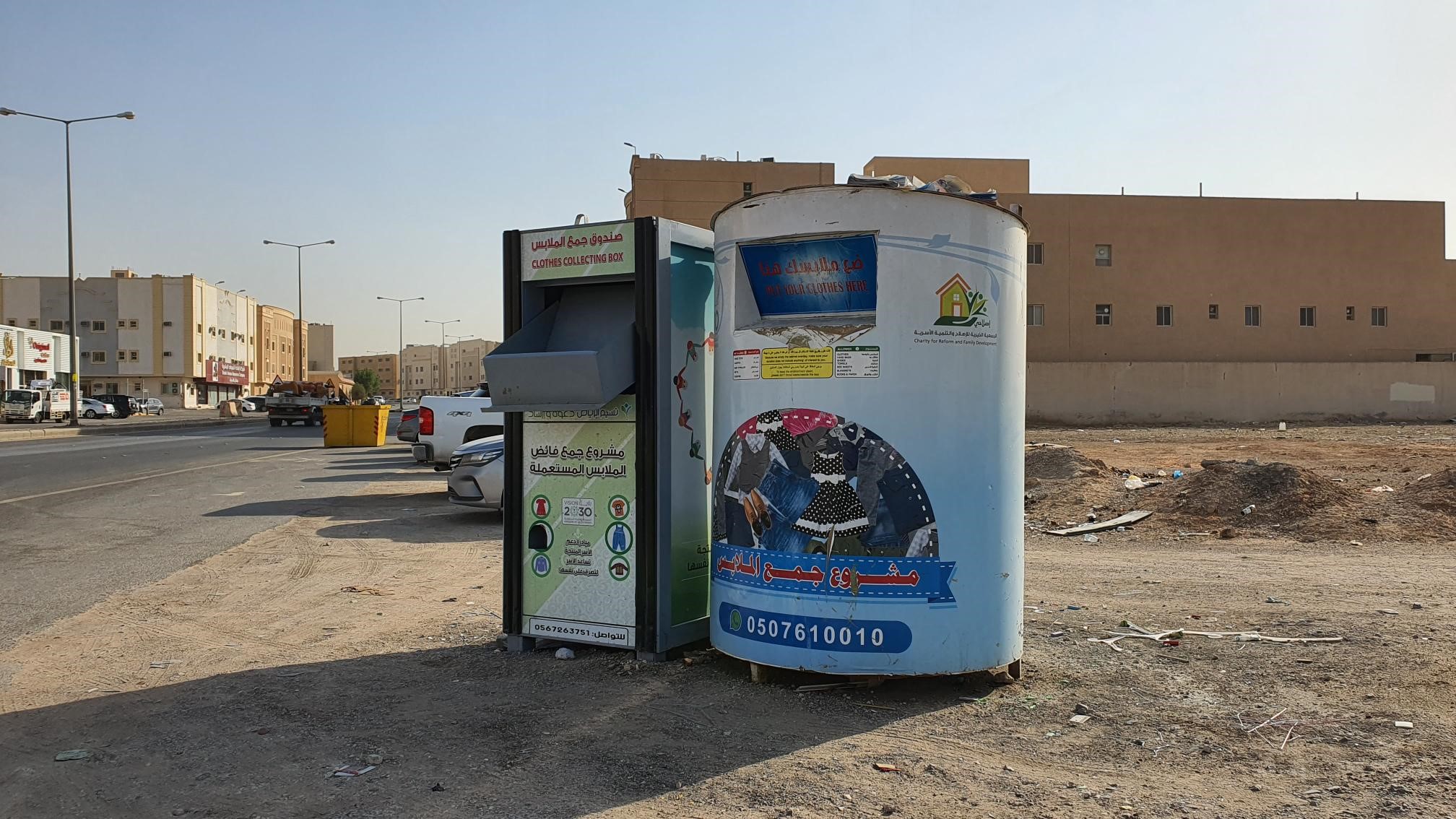Environmental issues
With the 2021 UN Climate Change Conference (COP26) planned for Glasgow in October this year, I thought it might be worth a look to see what Saudi Arabia’s approach to environmental issues is.
As one of the leading members of OPEC (Organisation of Petroleum Exporting Countries), Saudi Arabia has more than a vested interest in pumping carbon-based fuels out of the ground and selling it around the world. After all, it is the mainstay of the economy, and it is sitting on 1/6 of all the world’s known oil reserves.
But no, KSA seems to be taking a pro-active approach, and it was a signatory to the Kyoto Protocol (which expired in 2020 and is now superseded by the 2016 Paris Agreement, also signed by KSA.). So how does it reconcile the competing demands to provide the world with carbon-based fuels and yet meet the Kyoto/Paris goals of keeping the rise in global temperatures to below 2 degrees C above pre-industrial levels? The answer is through its domestic programme of the “Circular Carbon Economy” It is calling on other countries in the world to embrace the CCE, as a way of using carbon fuels but yet minimising emissions, achieving climate change and continuing economic growth. (One of the main drawbacks with the Kyoto Protocol was the perceived impact it would have on manufacturing, trade and commerce).
So, what are the details of the Circular Carbon Economy? Here’s the theory: it has 4 concepts, those of Reducing the amount of carbon used, Reusing carbon as an input to create feedstocks and fuels, Recycling carbon through the natural carbon cycle with bioenergy, and Removing excess carbon and storing it. Details can be found online at www.cceguide.org/guide

And in declared practical measures, the following will be achieved: KSA is investing in a huge CO2 recovery plant with a capacity of 500,000 tonnes per annum. Saudi Aramco has an enhanced oil recovery plan which promises capturing 800,000 tonnes p.a. too. The development at Neom which is being built will have a huge “green hydrogen” plant for fuel production. As part of the “Vision 2030” plan, by that year 50% of all domestic electricity will come from renewable sources, including solar and wind farms. So the message appears to be keep buying our oil, but factor in carbon capture and storage, and reuse and recycle it too.
Another aspect of environmental care is the management of waste. Coming from the UK where we have very strict waste management laws and enforcement, and in consequence a predominantly clean environment, it really saddens me to see the amount of litter scattered around the cities and countryside in KSA, it really is an eyesore. In Riyadh, households are supposed to put domestic waste into street bins, which are emptied daily. These street bins are located at frequent intervals along the roads, and comprise of barrel-sized tubs and substantial skips. The theory is that citizens place their rubbish in the bins, or bulky items beside them. From my observation this is not enforced in any way, and I am sorry to say that many Saudis have no concept of proper waste disposal. So often I have seen litter such as cigarette packaging, takeaway food wrappers (and contents too) and the like tossed carelessly from cars, vans and lorries into the streets or countryside. Even picnic spots can be blighted by a family turning up, having their picnic and then just walking away leaving all their rubbish where they were sitting. Even with bins in the vicinity this is all too common. Of course there are exceptions, with tidy and conscientious individuals tidying all their rubbish away, but they seem to be in the minority.
Saudi houses have high walls for privacy and security purposes. So often I have seen domestic detritus just thrown outside the doorway and landing in the street. And street rubbish isn’t always small stuff either.

Too big for the bin? Leave your stuff near it.
Large items of furniture and electrical goods sometimes sit in the roads waiting for the bin lorry to come around.

No comment necessary.
On the positive side, recycling options are making an appearance.
Some mosques have had clothes recycling collection points for re-use for some
years, but now general street hoppers for clothes are making an appearance too.
That’s good, but as yet there isn’t any obvious separation of wastes, or other
commodity collections such as glass or metals. So some way to go yet before KSA
reaches the levels found in some other parts of the world. A new Environmental
Law was passed in 2020 contains standards for municipal waste treatment,
separation and recycling, so hopefully we will see the effects of the new law
bearing fruit soon.

Clothes recycling point in Riyadh. Note the new yellow skip-sized bin in the background.
I mentioned in a previous blog that waste ‘water’ is taken away to treatment plants in orange tanker lorries, but further research tells me that this is a relatively new operation. Until as recently as 2009, Jeddah’s waste was taken to a valley outside the city and dumped there. The following article appeared in 2007 in “The National”, a UAE-based online media outlet.
"There are not many lakes in the desert of Saudi Arabia, but in the mountains east of Jeddah flamingos hover around the greenery sprouting at the edge of a large, blue body of water, shimmering in the sun. Yet this lake is not what it seems. The putrid odour belies the truth about this toxic sewage dump next door to Jeddah, Saudi Arabia's second largest city, which has no citywide wastewater system despite the wealth of the world's biggest oil exporter. Musk Lake has
been the dumping site of Jeddah's sewage wastewater for the past 10 years. The lake was created as a stopgap measure to deal with the increasing amounts of wastewater in the growing city. Jeddah's more than three million residents use an estimated 200 litres of water per capita per day, said Tarek Fadaak, the chairman of the Jeddah City Council. The lake was to be used for depositing this water until a functioning sewage system was created, he said. But plans were delayed because the city was not given adequate funding to complete the projects, which take a minimum of 10 years, said Mohammad Shahin, a project manager at the National Water Co, which is responsible for the sewage system project in Jeddah. Since 70 per cent of Jeddah households are not connected to sewerage pipelines, waste water accumulates in underground cesspools and later is transported by lorries to Musk Lake. About 50,000 cubic metres of water are transported to the 2.5 million square-metre lake each day. Only a small percentage of the waste water from the remaining 30 per cent of Jeddah households goes to treatment plants for purification before being dumped in the Red Sea. Most of the waste water that is accumulated through pipes is dumped directly into the sea without purification, said Abdullah al Suhaibany, a co-ordinator and scientific officer at the Reef Chief Foundation, which monitors pollution in the Red Sea to preserve the sea environment. More than 270 pipes were found along the Jeddah coastline that dump waste water into the sea showed a September report, said Abdulhadi al Amari, the general director of GD of Coastal Zone Management at the Presidency of Meteorology and Environment in Jeddah. The damage of such dumping affects the Red Sea waters and coral reefs up to 270 kilometres away from the Jeddah shoreline, Mr al Suhaibany said.
Estimated to be an area equivalent to 340 football fields, Musk Lake began to reach dangerous levels and risked spilling over parts of Jeddah. As a result, a concrete dam was built three years ago to hold the water back and prevent spillover into the city. As the sewage system projects failed to materialise, Jeddah continued to use the lake as its main sewage dump and, four months ago, the water rose to the critical level of 12 metres, signalling an alarming call for action to alleviate the pressure on the dam. "In the past few months there have been some leaks at the dam and we informed the municipality of the danger that the dam could break," Mr al Amari said. With winter rains expected in coming weeks, local authorities are concerned that Musk Lake could overflow. Emergency drills have been taking place in certain parts of Jeddah. "This is an issue that has been sitting in the back burner for a long time," Mr Fadaak said. Although official warnings have not been made to the public, some schools in Jeddah, which lie on the route a flood could take, have been instructed to carry out evacuation drills. "They told us that they will take the children up to the roof of the schools in case the flood happens while the children are in school," said a mother who was briefed on the emergency drills at her child's school. The emergency plans put in place by the city's civil defence teams were created for extra precaution, said Mohamed al Tamimi, an adviser to Jeddah municipality, who said for the past three weeks there have been aggressive efforts to increase the safety of the dams by decreasing the lake's water level, which has now gone down to 9.5 metres. With emergency funding of more than 95 million riyals (Dh93m), issued four months ago, the city is diverting part of the lake southward, treating some of it to irrigate land and scrambling to improve wastewater treatment in Jeddah. Combined, the projects currently under construction are expected to help alleviate the pressure on the dam and prevent flooding. "They are not enough," said Mr Fadaak about the emergency projects. "Jeddah needs drastic long-term solutions for the sewage system crisis to be resolved." There is an assumption that the lake's water is infected with toxic materials. Mr Fadaak pointed out that the lorries used to transport toxic waste are the same lorries that deposit waste water into the lake. Speculation that Saudi residents are consuming toxic waste water is rising. According to observers, some farmers use the lake's water to irrigate their vegetables, which they later sell to Jeddah residents. "This is probably done under the radar. I have seen sewage-filled lorries going into farms," said Mr al Suhaibany, who suspects that water from those lorries was used to irrigate the vegetation in some farmlands. In addition, the lagoon environment at Musk Lake has become a fertile rest stop for migrating birds that come from Africa on their way to Asia. "In their excrement they have seeds that started an aquatic life and plant life at the lake," said Richard Bodeker, a landscape architect who has been working in Saudi Arabia for more than 30 years. Mr Bodeker said the birds themselves could be carrying disease beyond the diseases that may be breeding and growing in the water. The accumulation of sewage water in the lake area, as well as in cesspools all over Jeddah, affected the natural underground aquifers, which the country needs to tap into to relieve the water shortage situation in the area. "Some of the sewage leaks into the underground water. This problem has increased with the years and with the rise in Jeddah's population," said Tarik Alireza, a Saudi architect who has been concerned with the sewage crisis for many years. "As a result the underground water situation in Jeddah is horrendous."
Happily I can report that proper sewage treatment plants are now treating all of Jeddah's waste.
